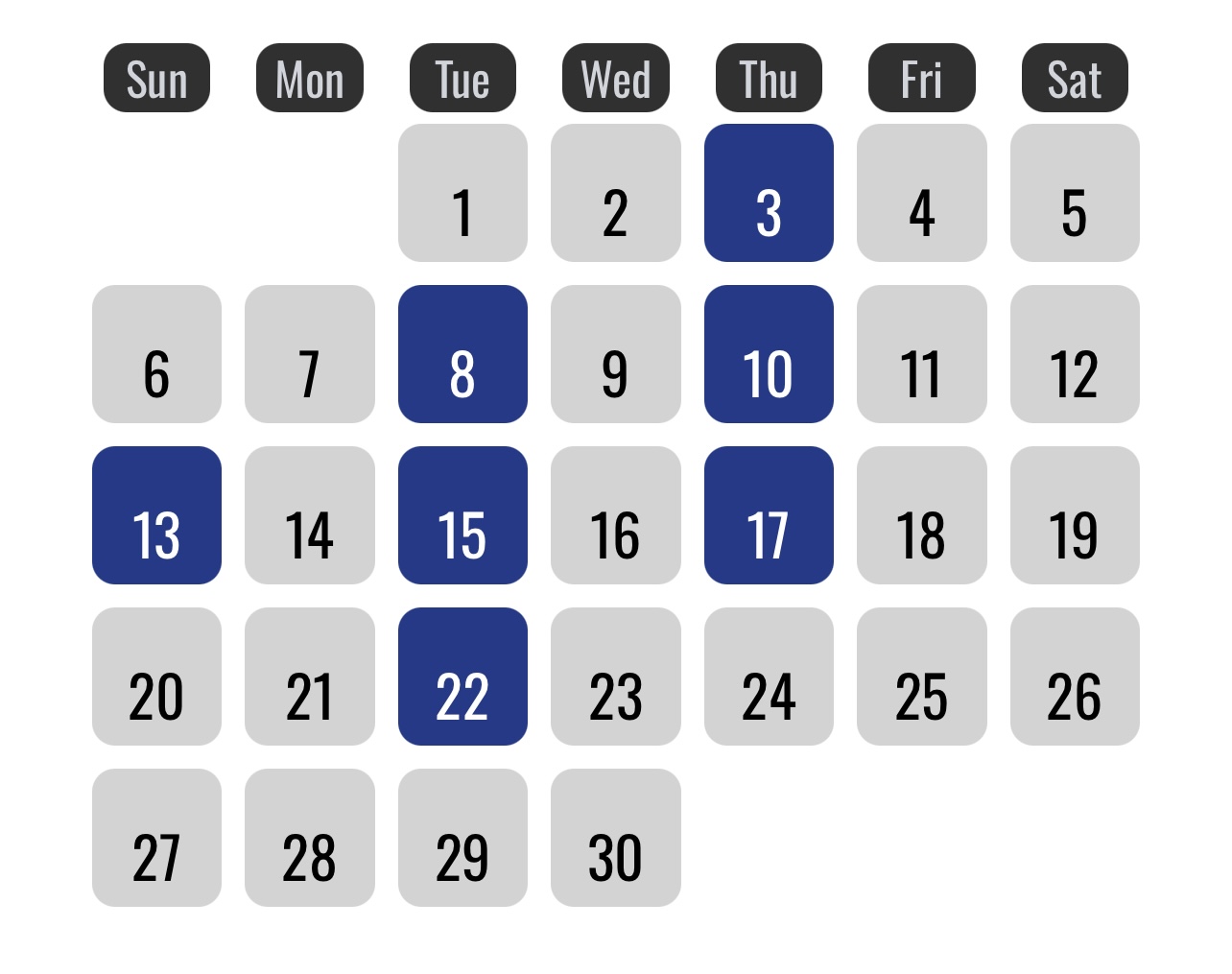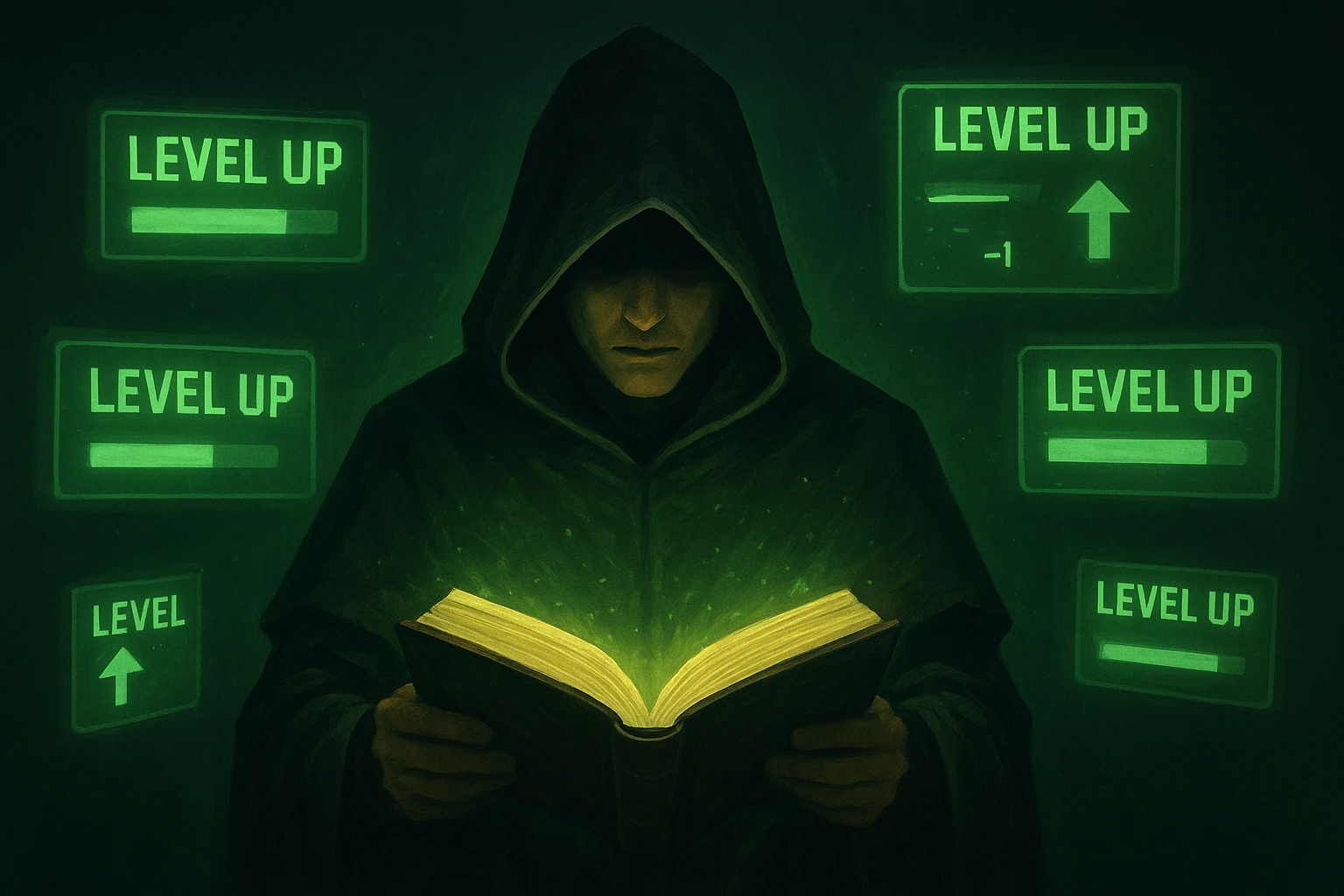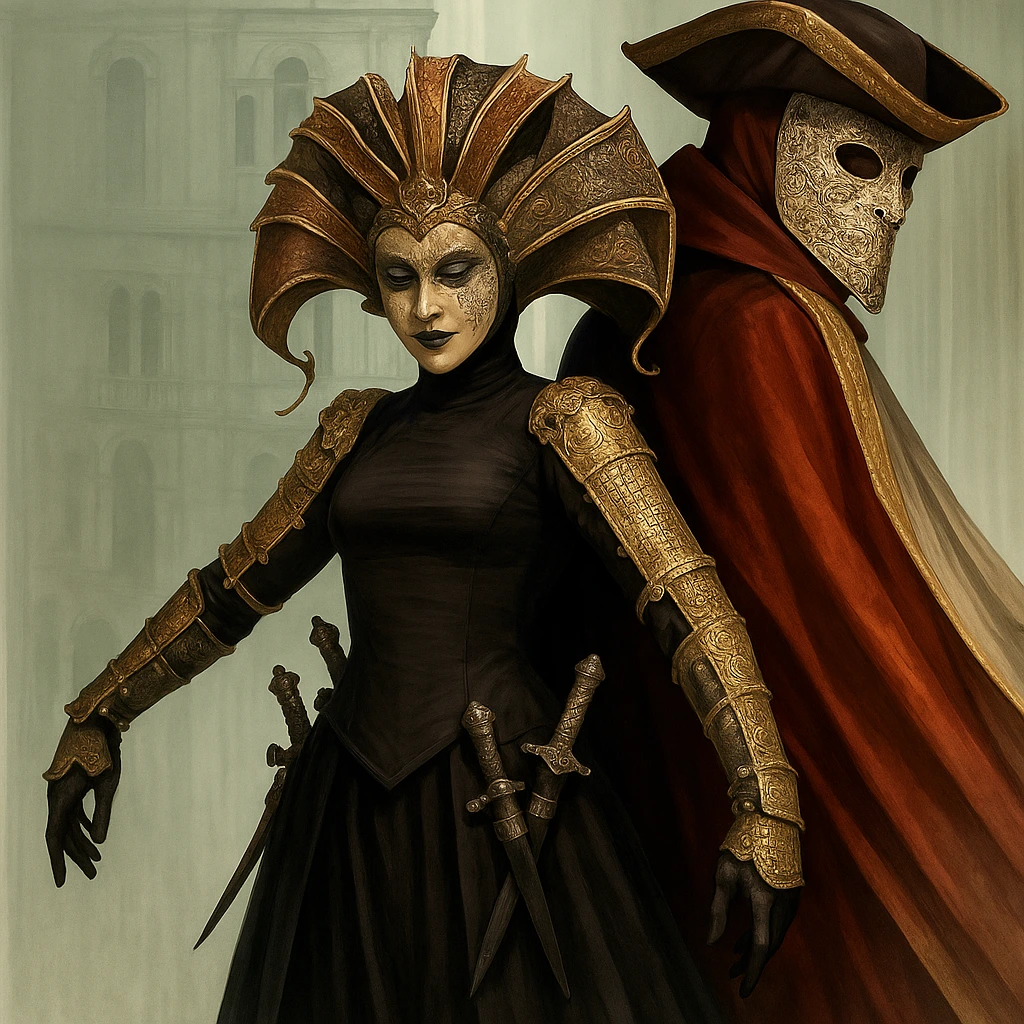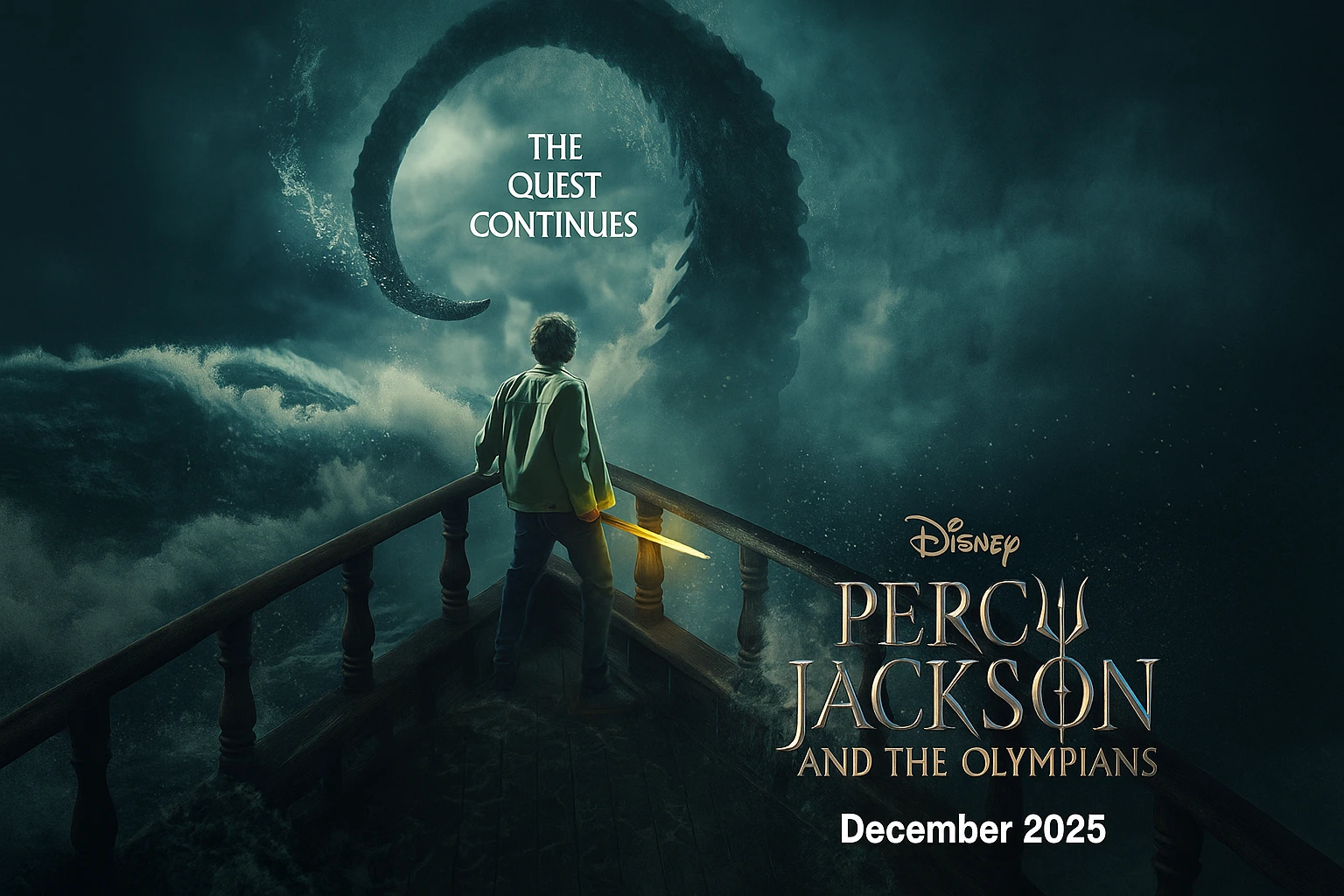7 Must-Read Books in the Military Fantasy Genre

By
22 June 2025
Military fantasy stands at the crossroads of magic and warfare, weaving grand campaigns, soldierly camaraderie, and the moral fog of battle into worlds both wondrous and brutal. If you’re looking for the best military fantasy books that deliver intense action, layered characters, and morally complex conflicts, here are seven essential reads that stand at the front lines of the genre. Each by themselves, the opening salvo of a larger saga, that exemplify this subgenre’s best qualities: richly imagined settings, vivid strategy, and characters forged in the crucible of war.
Best Military Fantasy Books/Series
1. The Black Company by Glen Cook
First published in 1984, The Black Company follows an elite mercenary unit, the “Black Company,” through decades of service to enigmatic and often cruel rulers. Cook’s prose is spare and grounded: we see war from the grunts’ perspective, where tactical brilliance and personal survival matter more than prophecy or grand destiny. The novel eschews clear-cut heroes, instead immersing us in moral ambiguity: Are the Company’s deeds villainous or simply a soldier’s lot? Through episodic entries in the Company’s annals, Cook crafts a living history, full of camaraderie, betrayal, and the relentless grind of war.
The books of The Black Company are widely considered as the best military fantasy books ever written. The Black Company follows a legendary mercenary unit hired to serve mysterious and often dangerous masters. The story is told from the point of view of Croaker, the Company’s physician and chronicler, and gives readers an unfiltered look at life in the trenches. Glen Cook strips away the high fantasy gloss and focuses on gritty realism, showing soldiers as they are: tired, cynical, loyal, and deadly. This series helped lay the foundation for modern grimdark fantasy.
Why read it? It set the template for gritty, character-driven military fantasy and remains unmatched in its portrayal of soldiers’ bonds against overwhelming odds.
2. The Blade Itself by Joe Abercrombie
Joe Abercrombie’s The Blade Itself, the first book in The First Law trilogy, is a cornerstone of grimdark and one of the best military fantasy books of the 21st century. While it mixes politics, torture chambers, and fencing duels, the military threads are ever-present. The story follows several point-of-view characters, including a war-weary barbarian, a crippled torturer, and a spoiled nobleman training for war. Military action is baked into the plot, regime conflicts, elite soldier training, and pitched battles, but the true focus lies in character arcs: how war corrupts or carves a man. Abercrombie’s trademark black humor and willingness to subvert fantasy tropes make this series a cornerstone of modern “grimdark” military fantasy.
Why read it? If you crave sharp dialogue, morally gray figures, and battles that reveal as much about the soul as the sword, Abercrombie delivers in spades.
3. Gardens of the Moon by Steven Erikson
If you want one of the most complex and epic military fantasy books available, Gardens of the Moon is a top contender. It launches the massive Malazan Book of the Fallen series, which follows entire legions, gods, and ancient powers across a war-torn empire. Erikson, an anthropologist and former soldier, builds his world with the weight of real history and combat knowledge. You’ll follow elite squads like the Bridgeburners through urban warfare, magical bombardments, and layered military politics.
Why read it? For those who hunger for epic-scale warfare intertwined with deep lore, political machinations, and the catastrophic power of sorcery on the battlefield.Get the reading guide to Malazan here.
4. Promise of Blood by Brian McClellan
McClellan’s 2013 Powder Mage trilogy opens in a world where muskets and magic coexist. Promise of Blood centers on Field Marshal Tamas, who stages a coup against a corrupt monarchy. “Powder mages”, soldiers who ingest gunpowder to ignite supernatural abilities, turn infantry into devastating shock troops. McClellan skillfully blends gunpowder-era tactics (lock and load, volley fire, cavalry charges) with battlefield sorcery, depicting everything from palace skirmishes to large-scale sieges.
The result is a refreshing hybrid: the creak of flintlocks punctuated by the roar of magical cannonades. Strategy and revolution go hand-in-hand here, making it one of the best military fantasy books with a flintlock twist. McClellan’s tight pacing and unique power systems make this a must-read.
Why read it? If you love Napoleonic-style warfare spiked with unpredictable magical mayhem, this is your front-line pass.
5. Control Point by Myke Cole
This is military fantasy set in the modern world. In Control Point, a soldier discovers that he has illegal magical abilities and is forced to join a government unit, Supernatural Operations Corps a.k.a SOC, that weaponizes magic for national defense. After manifesting the same prohibited powers, he is forced to go on the run followed by otherworldly threats, militant cults, and the ethical dilemmas of wielding sorcery as a weapon.
Myke Cole, a real-life military veteran, brings authentic detail to the structure, jargon, and operations of a military unit, all while weaving in spells, teleportation, and summoned creatures. For those looking for the best military fantasy books that mix real-world military structure with speculative fiction, this one is essential.
6. The Steel Remains by Richard K. Morgan
Morgan’s dark, gritty 2008 tale kicks off the A Land Fit for Heroes trilogy. Protagonist Ringil Eskiath is a veteran swordsman scarred by wars both human and supernatural. As Ringil is drawn back into conflict, facing demonic invaders, bitter political rivalries, and monsters of human depravity, Morgan interrogates the aftershocks of combat: PTSD, survivor’s guilt, and the meaning of heroism when glory is a poisoned chalice. The novel’s visceral prose doesn’t shy from violence or the shadow side of warfare, making it a hard-hitting study of what war does to a soul.
Why read it? It’s unflinching, philosophical, and perfect for readers who want military action paired with deep psychological insight.
7. The Poppy War by R. F. Kuang
Published in 2018, The Poppy War draws inspiration from twentieth-century China’s tumultuous history. Rin, a poor war orphan, earns her place in a military academy through sheer will. As a new war erupts, Rin is thrust into horrifying conflicts and forced to awaken dangerous powers to survive. Kuang doesn’t flinch from depicting the horrors of conflict, bacteriological weapons, scorched earth tactics, and mass atrocities. Yet she balances this with Rin’s coming-of-age: her mastery of shamanic powers, the weight of command, and the tragic cost of victory.
The Poppy War is a stark reminder that magic in wartime magnifies both human cruelty and resilience. It’s one of the best military fantasy books for readers who want a darker, historically grounded take on war and power.
Why read it? When you want a military fantasy that grapples with real-world analogues of war crimes, empire, and the sacrifices demanded by total war.
Additional Recommendations:
The Warhammer 40K - The Horus Heresy
For fans of large-scale military fiction with a dark, operatic edge, the Warhammer 40,000 universe, particularly The Horus Heresy series, is a must-read. Set in a grimdark future where genetically enhanced super-soldiers (Space Marines) serve a vast, crumbling Imperium of Man, the series delves into an epic civil war that shattered the galaxy. The Horus Heresy focuses on the betrayal of Warmaster Horus and the brutal conflict that pits brother against brother, legion against legion.
With its intricate battle tactics, towering sieges, and philosophical reflections on loyalty, leadership, and the cost of empire, the series reads like military epic meets mythic tragedy. Featuring contributions from top sci-fi authors like Dan Abnett and Aaron Dembski-Bowden, it’s a cornerstone of military science fantasy that explores not just how wars are fought but also why.
These seven books showcase the military fantasy subgenre’s versatility, from medieval-style mercenaries and grimdark swordplay to flintlock magic and modern supernatural warfare. Whether you’re drawn to sprawling epics or tightly wound tactical thrillers, each novel offers a unique battlefield vantage point and asks: What is the price of victory? Dive in, enlist, and prepare to reconsider the very nature of heroism under fire.

Pavithran is a software developer based in Bengaluru, passionate about web development. He’s also an avid reader of SF&F fiction, comics, and graphic novels. Outside of work, he enjoys curating inspirations, engaging in literary discussions and crawling through Reddit for more mods to add in his frequent playthroughs of The Elder Scrolls V: Skyrim.

EXPLORE







